Rooted in Results Let’s Get Growing
Hair loss is a symptom. We begin every journey by finding the cause, so your treatment plan isn’t just hopeful—it’s strategic, personalized, and proven to work.
Contact Our TeamHair Restoration Powered by 50 Years of Trusted Results
The only hair destination that treats both men and women.
Hair loss is personal, and so is the solution. That’s why we’ve built two dedicated practices under one roof. Medi Tresse offers women more than treatments: every journey begins with a thorough consultation, a true diagnosis, and a customized plan. With ongoing follow-up and adjustments, patients gain not just care, but a committed partner for the long term.
For men, Northeast Hair Restoration provides discreet surgical and non-surgical solutions with natural-looking results, grounded in the same medical expertise. Whichever path you take, it all starts with one essential step: a precise diagnosis.


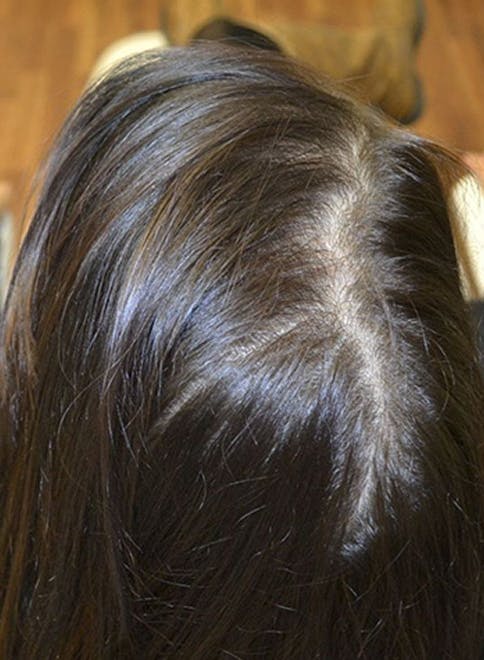
Before
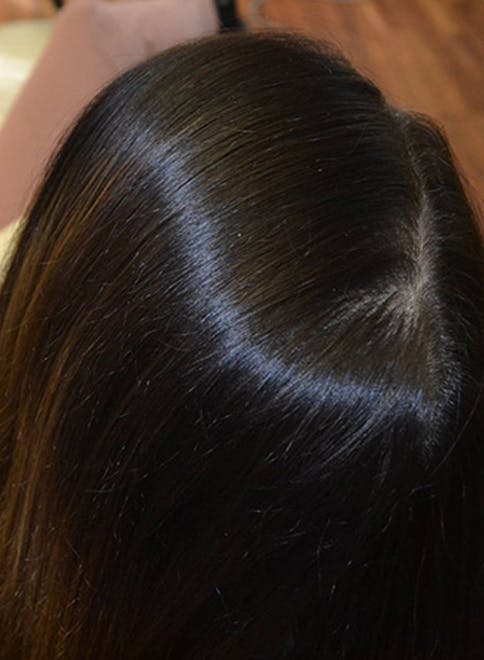
Growing
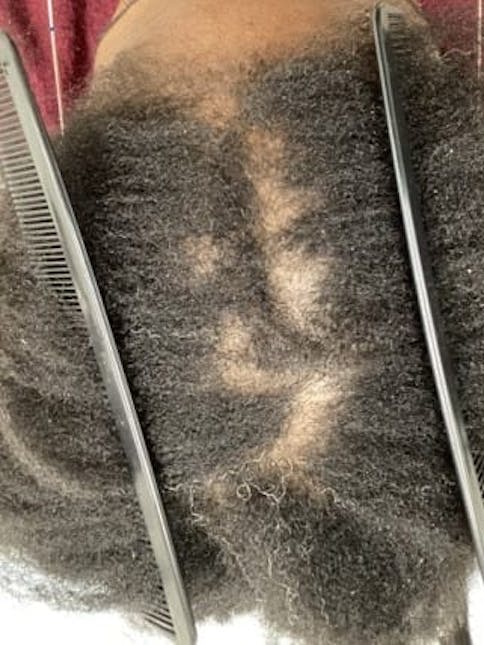
Before
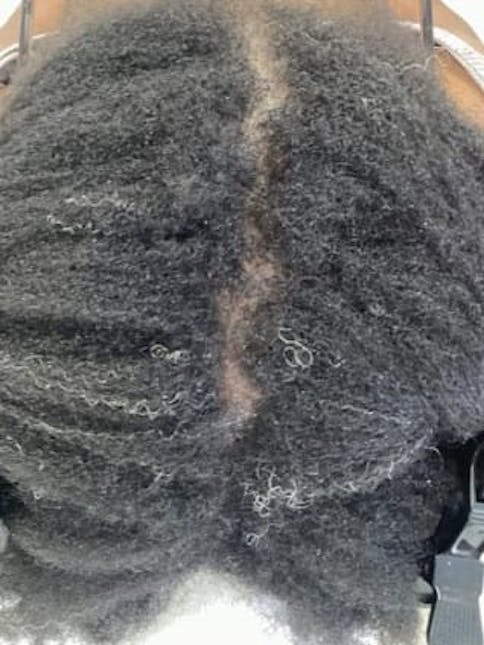
Growing
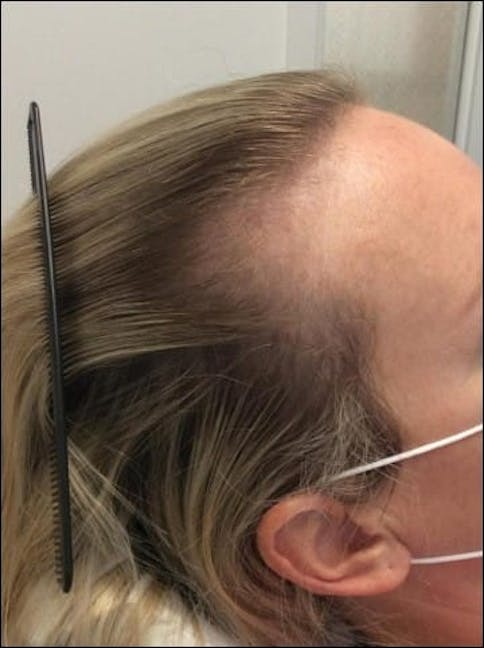
Before
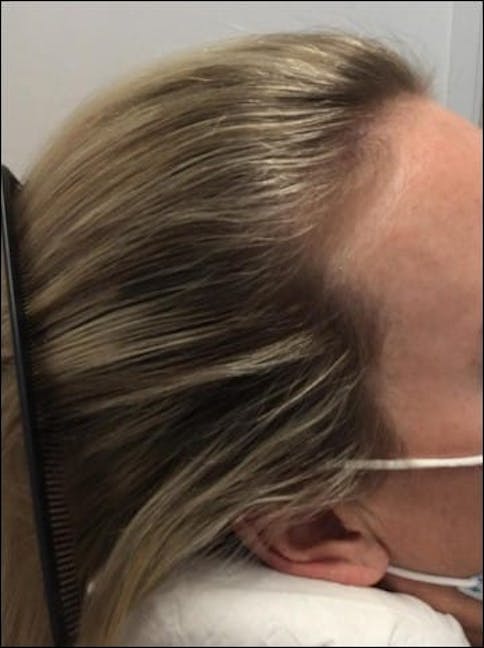
Growing
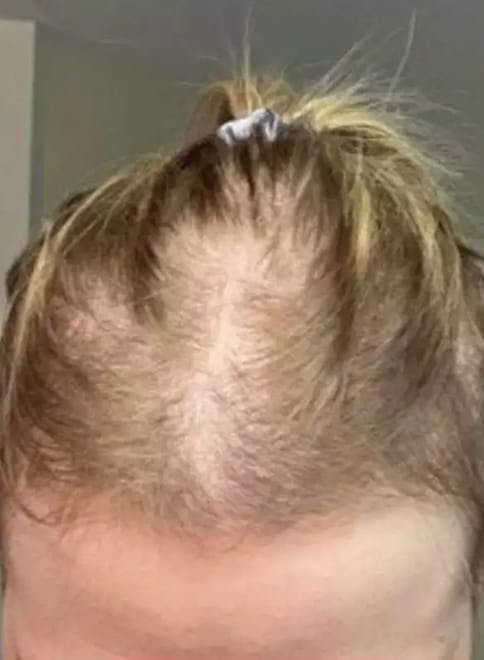
Before
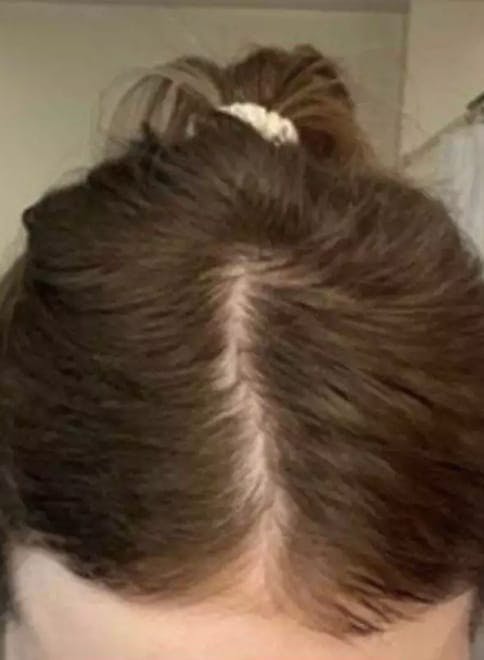
Growing
Individual results will vary.

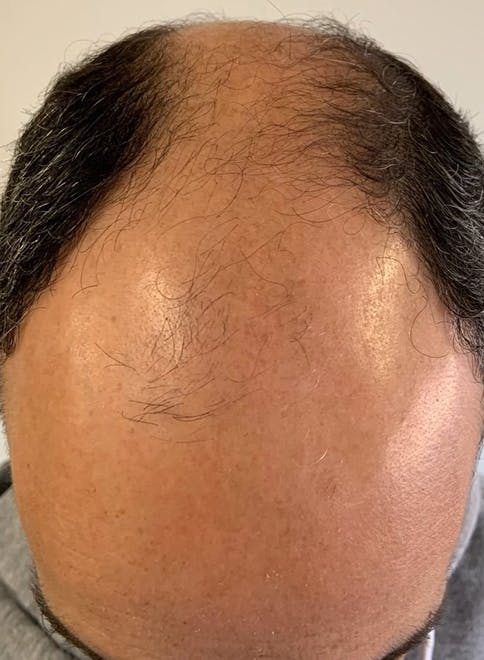
Before
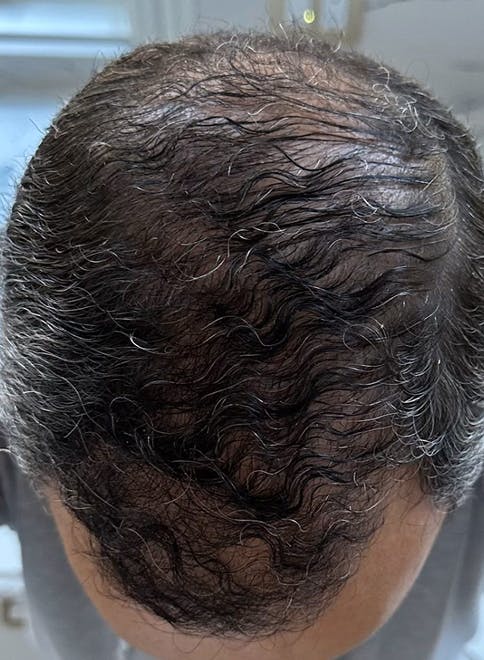
Growing
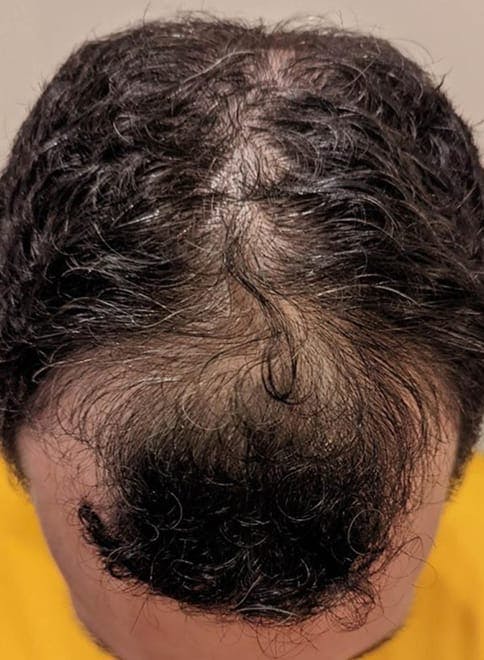
Before
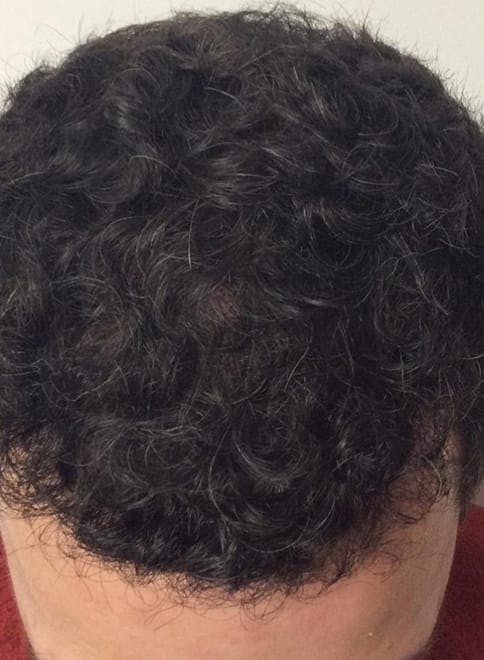
Growing
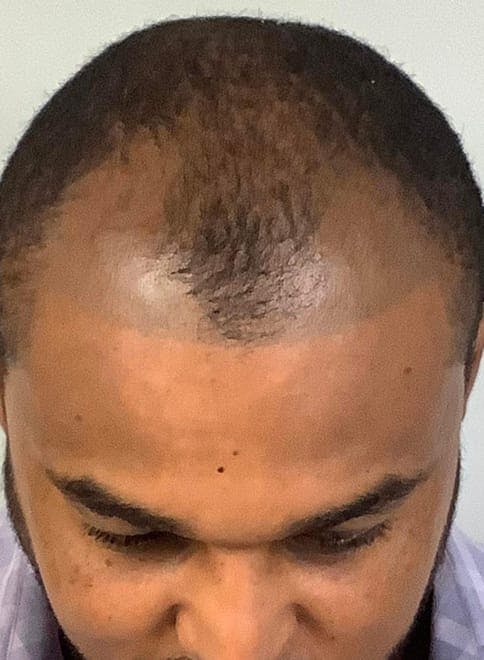
Before

Growing
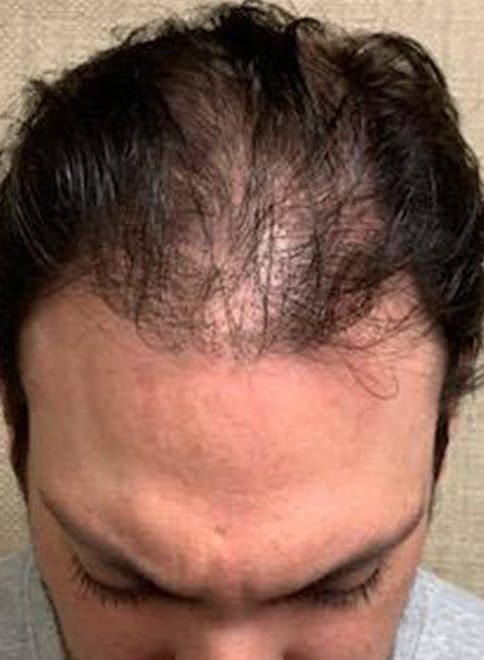
Before

Growing
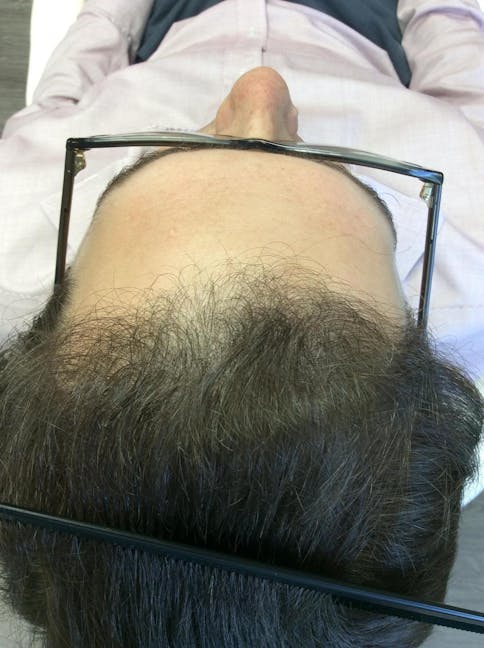
Before
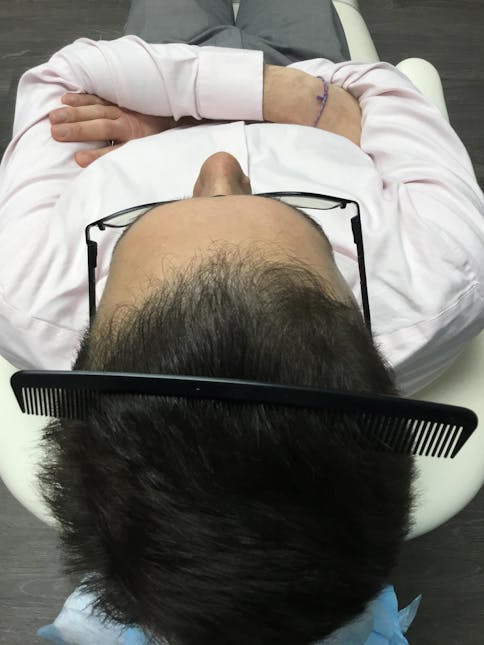
Growing
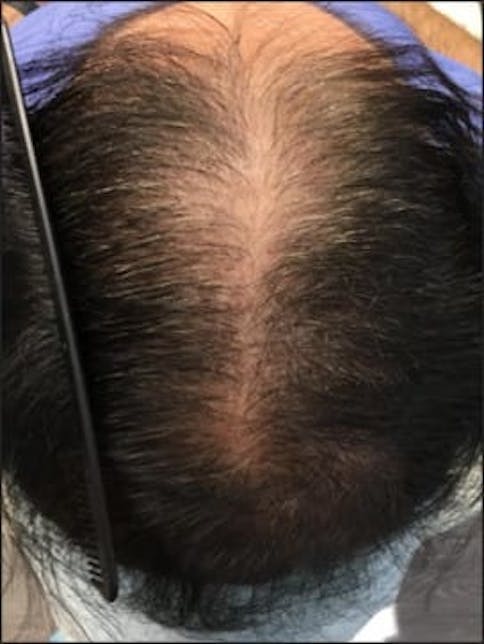
Before
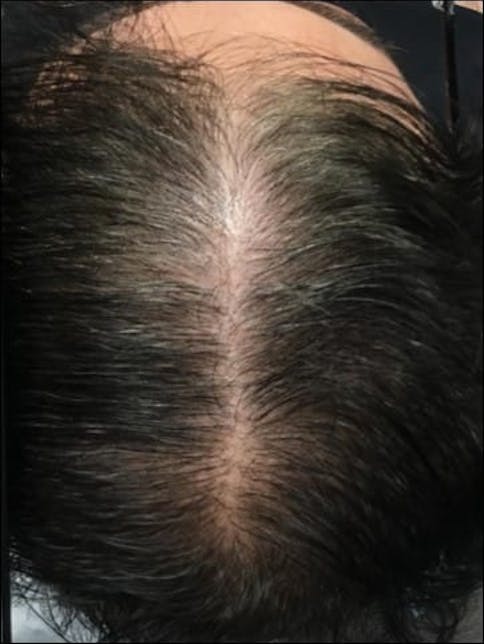
Growing
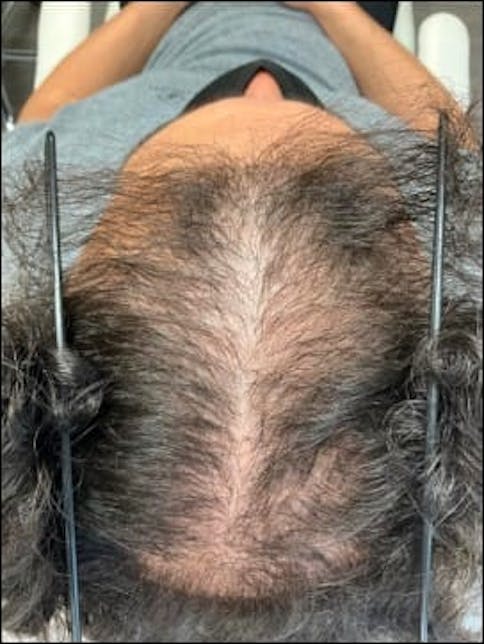
Before
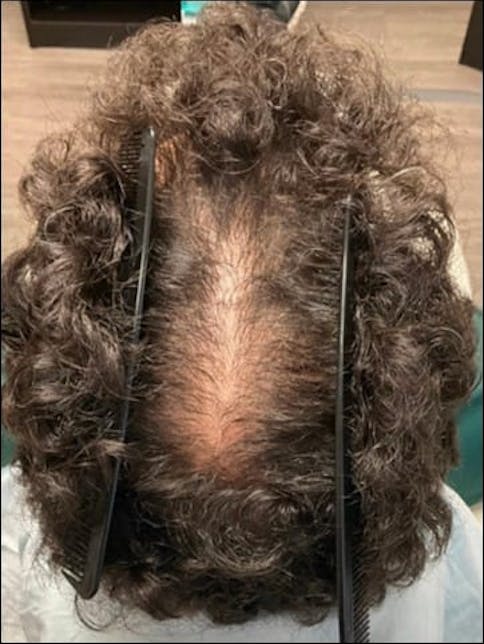
Growing
Individual results will vary.




















Hair Transplant Procedures
in New England to Offer No Shave FUE
PRP Treatments
Years of Combined Experience Across Surgical and Non-Surgical Hair Restoration







From increased shedding to advanced hair loss, we’re here to help you restore your hair and confidence, with answers, empathy, and solutions that work.
Book Your Consultation
Dr. Mary Wendel is a board-certified internist and national leader in treating female hair loss. She founded Medi Tresse in 2015 to offer women a better path rooted in diagnostics, science, and compassion. With over a decade of firsthand experience treating female patients (and experiencing hair loss herself), Dr. Wendel brings unmatched insight and empathy to every treatment journey.
Read Mary's Bio

A pioneer in modern hair transplant techniques, Dr. Mark DiStefano has performed over 8,000 procedures over his 30+ year career. He is dual board-certified and one of the few surgeons in the country to offer advanced No-Shave FUE technology. Today, he helps lead Medi Tresse and Northeast Hair Restoration, combining surgical excellence with patient-first care.
Read Mark's Bio
Dr. Thomas Brand combines decades of medical experience with advanced hair restoration training under Dr. DiStefano. One of the few surgeons in the country offering No Shave FUE, he’s known for his calm precision, natural results, and patient-first approach.
Read Thomas's BioMarie M.
Watch Marie M.'s testimonialLinda W.
Watch Linda W.'s testimonialHollie D.
Watch Hollie D.'s testimonialI met with Dr. Wendel, and she was so informative and thorough. It appears that my current shedding is due to recent surgery. Instead of trying to offer expensive treatments, she is looking into blood counts and giving me time to recover from surgery before jumping into any expensive procedures. She was very reassuring, and I trusted her guidance. I will be back to get a follow-up in a few months.
P.B.
I have had nothing but great experiences with MediTresse. They took the time to explain the different treatment options and what kind of results I would get. We worked together to make the best choice for me. I have been doing the PRP treatments—both regular and painless (the painless is worth it!)—and they have definitely helped. I can't wait to see even more progress with my hair regrowth. I highly recommend Medi Tresse!
Alicia Aniello
From the free parking, to the clean office, and above all, the knowledgeable staff—I give Medi Tresse a 10-star rating! Their non-surgical approach to hair loss is top-notch. Book an appointment if you have hair loss questions, ladies!
B.B.
The personal care from Medi Tresse is absolutely wonderful! Their team takes the time to thoroughly explain the treatments available and what results you’ll see. They ensure the treatment you decide on is best for your situation. We highly recommend them to family and friends. Thank you, Medi Tresse, you have put a smile on my face!
N.N.
Medi Tresse has helped me deal with exceedingly thin hair, and the difference is amazing. The treatments were well-explained, delivered with professional competence, and followed up with any support I needed. This treatment has made a huge difference to me. I am grateful.
Jeanne McNett
John C.
Watch John C.'s testimonialJimmy S.
Watch Jimmy S.'s testimonialKenneth L.
Watch Kenneth L.'s testimonialWorking with Dr. Brand was an absolute dream: phenomenal customer service and an extremely enjoyable experience. I highly recommend working with them.
F.P.
I had a transplant with Dr. Brand last spring, and it was a great experience. The staff was great and professional. The results were amazing. My hairline looks extremely natural. No one can tell it ever happened. I would recommend Northeast Hair Restoration.
K.R.
The entire staff at NHR is fantastic! They have made me look like a new (younger) man. I highly recommend them.
D.V.
Everyone was very helpful and informative. With many years of experience, they know a patient's questions before they ask them. I was guided through the process with ease and got the results I was looking for.
D.M.
My hair transplant with Dr. Brand went very smoothly. He transplanted over 2800 grafts in one day, and my hair looks better than ever!
S.G.


At Medi Tresse, every treatment plan begins with one goal: finding out why. Through comprehensive lab work and medical evaluation, their team uncovers the root cause of each patient’s hair loss. This root-cause approach allows the practice to deliver targeted, evidence-based solutions that produce lasting, durable results.

![]()
At Northeast Hair Restoration, we deliver discreet, personalized hair transplants with proven results. Our team is at the forefront of FUE innovation, including the region’s first No-Shave FUE technique, so you can restore your hair without disrupting your life.
Hair loss is a symptom. We begin every journey by finding the cause, so your treatment plan isn’t just hopeful—it’s strategic, personalized, and proven to work.
Contact Our Team
